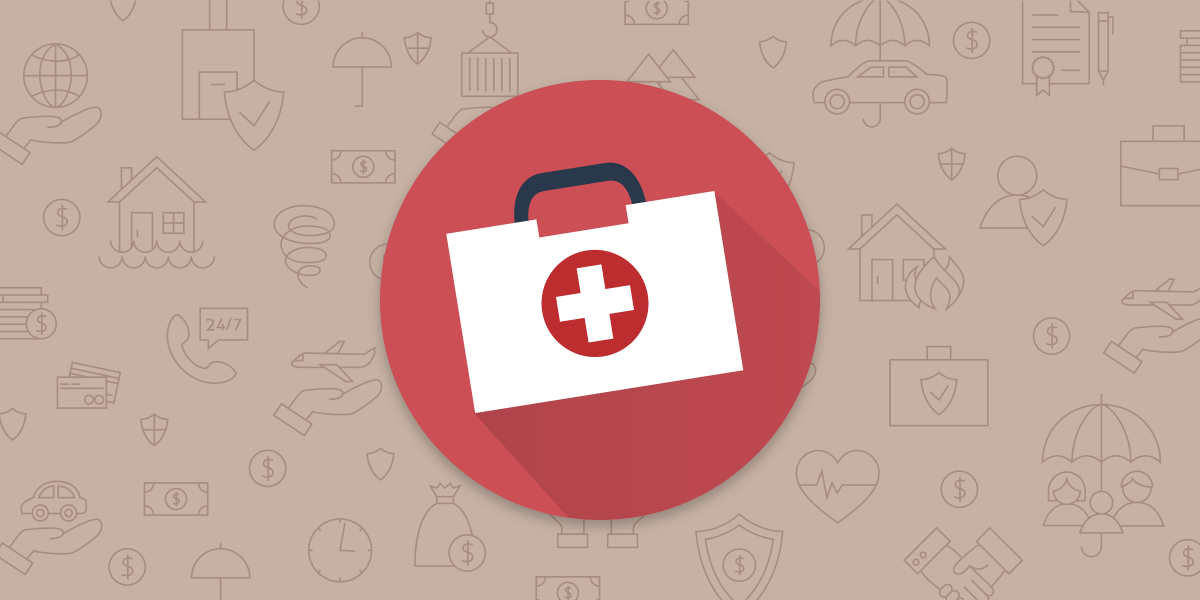
It's no secret that health insurance can be costly, especially if you find yourself needing to purchase an individual or family plan through the Health Insurance Marketplace. With time for open enrollment in most plans quickly ending, now is a good time to make sure you're covered for the coming year. And of course, you want to make sure you're getting the best coverage for your money.
As you shop around for health insurance, there are some questions worth asking that can help you narrow down your options and ultimately choose the plan that's right for your needs.
1. Do I Qualify for Any Type of Financial Assistance?
The first question you should be asking yourself is whether or not you might qualify for a subsidy or other financial assistance to reduce the out-of-pocket costs of your health insurance. Through the Health Insurance Marketplace, many individuals or families that make less than a certain amount of money in income each year could qualify for substantial assistance with their health care. Checking to determine your eligibility, and taking advantage of any subsidies available to you, will help to ensure that you don't pay more than you need to for your coverage.
2. What Are My Priorities in an Insurance Plan?
Next, it's time to determine your biggest priorities when it comes to your health insurance plan. For example, do you feel more comfortable paying more out-of-pocket and having a smaller monthly premium payment, or would you prefer to spend a little more each month to have a lower deductible? This will help you figure out what type of deductible and out-of-pocket limits you'll want in your health insurance plan.
Generally, if you have a lot of money already saved up and set aside for unexpected health care expenses, a higher deductible plan could save you money each month by lowering your premiums. However, don’t choose a higher deductible plan if you won’t be able to afford the deductible should you need care.
3. Are My Current Providers In-Network?
If you have any current doctors or specialists that you see on a regular basis and do not want to switch from, make sure those medical professionals listed as "in-network” for the plan you’re considering. Otherwise, you will be charged out-of-network costs each time to see them for an appointment. It may be worth spending a little more on a plan that will include all your current physicians and medical professionals, especially if you have a long history with them.
4. Are My Current Prescriptions Covered?
Take some time to consider the prescriptions you're currently taking. You'll want to make sure that these will be covered by your health insurance plan, especially if your prescriptions are expensive or if there are no generic alternatives available. Different types of prescriptions may or may not be covered under some plans, so you may need to pay more each month to obtain coverage for them.
5. How Much in Out-of-Pocket Expenses Can I Afford?
Your out-of-pocket maximum refers to the total amount of money you'll pay out-of-pocket each year before your insurance plan will kick in and cover the rest. Make sure you're comfortable with your out-of-pocket maximum and that you can afford it, should the need arise. Otherwise, it may be necessary to reduce your out-of-pocket maximum in exchange for a higher monthly payment.
6. How Often Do I Seek Medical Care?
Take a minute to think about how many times you sought medical care in the past year. If you rarely saw a doctor or mostly only saw your physician for routine preventative care, you may feel a little more confident in choosing a plan with more minimal coverage in exchange for monetary savings. Of course, life is unpredictable and you never know when a medical disaster could strike, so always keep this in mind. If you already know that you have a tendency to fall ill (or have a number of pre-existing conditions) and need to seek medical care more frequently, then you'll be better served by spending a bit more on more extensive coverage for your peace of mind.
7. Who Else Needs Coverage Under My Plan?
Don't forget to consider any dependents or partner/spouse who may also need to be added to your health insurance plan. Depending on your coverage needs, you might consider purchasing a family/group plan or even shopping around for individual plans for each member of the family. Ultimately, you should compare your options and see what will save you the most money while ensuring the best possible coverage.
A little bit of research and careful consideration goes a long way when shopping for health insurance. By taking the time to ask yourself these important questions, you can find the health insurance policy that best suits your needs. And of course, you can always change your plan this same time next year during open enrollment!